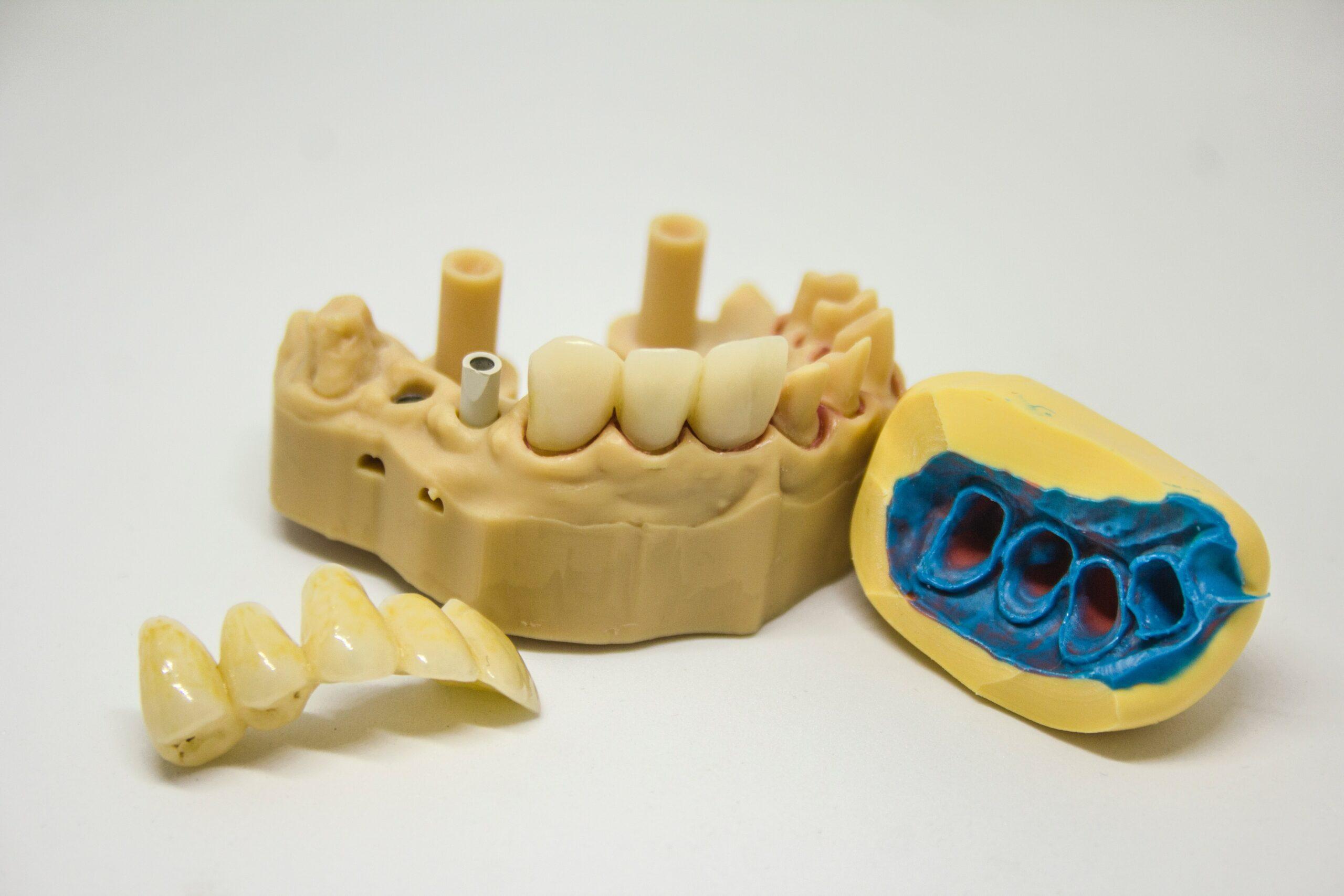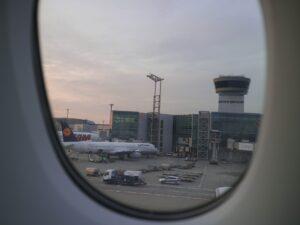Most of us have been there; we’ve seen the gleaming white teeth and the dazzling smile, and we’ve thought to ourselves, “I want some of that!” It’s an unrequited desire that we have all had at some point, and it’s one that probably won’t go away any time soon.
If you’re one of the many who crave those perfect teeth, you’ll be happy to know that there are options available to you. Tooth extraction is a procedure whereby your tooth(s) are removed, leaving you looking and feeling better than ever. It has been a growing trend for tooth extraction to be performed in the same room as the surgery, meaning that the patient doesn’t have to spend a night in the hospital. This is obviously beneficial to both parties, especially since it means that the patient can get back on their feet more quickly and be back at work or school sooner. It also means that the surgeon gets to enjoy a more intimate relationship with their patient, which can only be beneficial for both.
Why Extractions Aren’t As Bad As You Think
While it’s true that having your teeth removed is not the same as going on a luxury vacation to Bali, it’s also important to remember that there are significant benefits to be had from extraction. First of all, the operation isn’t as painful as it seems. Many patients undergo sedation or use pain medication, and although they may experience some discomfort, it’s not unbearable. Even those who have had multiple previous surgeries experience much less pain afterwards.
In addition, there is a wealth of information to be obtained from a dental surgeon. If you’re looking to improve your oral health, why not consider asking the experts for help? By getting to the root of the problem, you’re more likely to be able to identify any other issues that you may have and fix them. There’s also the possibility that they may be able to prescribe you medication to help lessen the pain in other situations.
What are the Risks Associated with Extraction?
Like any other surgery, there are risks associated with tooth extraction. Some of these are relatively minor and tend to be over-looked, while others are more significant. Minor risks include infection, anesthesia complications, and dry mouth. More significant risks include broken bones and damage to the sinuses and internal organs.
Infection is a common complication of tooth extractions, which is to be expected considering the fact that the immune system is impaired while the patient is under anesthesia. There is also a chance of infection following a dental injury, so it’s advisable to take precautions against this as well. The most favorable way of preventing infections is by having the procedure performed under sterilized conditions, meaning that the surgery is done with a surgical apron to keep the surgeon’s clothing free from bacteria. In addition, the surgery should be performed in a clean operating room, using disposable equipment and hand sanitizer before and after the procedure. Not only does this keep things hygienic, but it also decreases the risk of infection. Anesthesia complications include bleeding, swelling, and infection. These are all relatively minor, however, it’s still vital to be aware of them because they can be symptomatic of a more serious condition. Dry mouth is also a risk in patients who are undergoing or have had oral surgery. This is caused by anesthesia and/or sedation, which temporarily suppresses the function of the salivary glands. In this condition, patients often have a difficult time keeping their teeth hydrated, resulting in them eventually becoming more susceptible to cavities and infections. Damage to the sinuses and internal organs is also a significant risk during and after tooth extraction. This is due to the fact that these areas are close to the surface of the skin, and they’re therefore more vulnerable to infection. As a general rule, it’s advisable to avoid anything that could possibly cause injury to the mouth and face, including food consumption and physical contact with other people. Despite these risks, the benefits of dental surgery usually outweigh them.
Are There Any Complications from Having Extracted Teeth?
Not necessarily, but it’s important to be aware of them. The most common complication of tooth extraction is sensitization, which is an abnormal reaction by the skin to something. In this case, it’s the metal implants that are used to replace the teeth. This could result in an adverse skin reaction, including redness, swelling, and itching. Sometimes this complication is referred to as zitocution, which is an unpleasant combination of the words ‘zit’ (poison) and ‘vaccination’ (inoculation against a disease). If you experience any of these symptoms after having surgery, there is usually not much that can be done aside from waiting for the reaction to resolve itself. In more extreme cases, skin testing may be necessary before the patient can undergo other types of surgery.
Other complications from tooth extraction include infection, and damage to the sinuses and internal organs, both major and minor. Some patients may also have a bad reaction to anesthesia, which is known as anaphylactic shock. This is a potentially life-threatening condition, which results in a drop in blood pressure. It’s therefore important to be aware of the complications that patients may experience after undergoing an extraction. If any of these complications arise, it’s important to seek medical help immediately.
How Long Does It Take For The Benefits of Extraction To Appear?
If we had to guess, we’d say that the benefits of extraction will start showing within a week or ten days of the surgery and continue to improve for the rest of the patient’s life. It’s vital to remember that this is just a generalization and that each person’s experience will differ. Some patients may experience faster results than others, but most will experience some kind of improvement. In some cases, the benefits of extractions may not even be noticeable at first, but will become so over time.
In short, if you’re looking for a way to improve your smile, there are many options available to you. The benefits of dental surgery include gaining back your natural teeth, looking younger, and even making your smile more perfect than ever. In most cases, the procedure is fairly painless, and there are minimal risks associated with it. Even those who have had extensive previous surgery experience much less pain afterwards.
Is It Safe To Travel By Air After Having Extraction?
Yes, it is safe to travel by air after having had tooth extraction. Just like any other surgery, there is a risk of infection associated with tooth extraction, but this is usually minimal. In most cases, a patient can return to work within a few days of the procedure, and they’ll be on the road to recovery soon enough to fly again. Having your teeth removed does not affect your health in any way that you need to be concerned about while you’re traveling. Most airlines will have a policy wherein they allow patients to fly after having had dental surgery provided that they notify the airline of the procedure within 24 hours of the flight. In other words, if you’re going to be traveling to a location where you might get sick from an infection, it’s better to avoid it than wait until you arrive to tell the person who picks you up what happened.
In some situations it may be necessary to cancel or delay your travel plans because of a medical condition. If this happens, you should consult your medical provider so that they can determine whether you’re allowed to fly or if you need to remain in the area.
Should You See A Dental Surgeon Immediately After An Oral Surgery?
Based on the information provided, it’s not clear whether or not you should seek out a dental surgeon immediately after oral surgery. On one hand, it may be beneficial to do so, as they may be in a better position to diagnose any complications that you may experience. On the other hand, it may not be necessary, as you’re generally not at risk until you arrive at your destination. Your best course of action will probably depend on your specific situation. If you decide that you do need to see a dental surgeon, it would be a good idea to consult with the surgeon before your flight so that they can get an idea of what’s going on. In some situations, a person may not be able to fly after having had oral surgery because of an infection and therefore may require additional treatment prior to being able to fly again. Fortunately, in most cases, this is not the case and you’re able to leave the area once you’ve recovered from the surgery.




